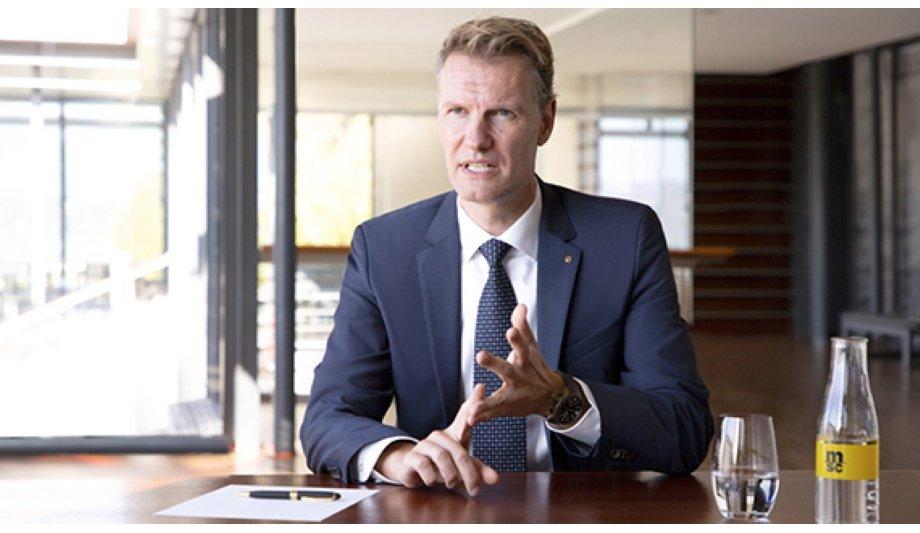MSC Mediterranean Shipping Company has joined other carriers in reiterating support for a global R&D decarbonisation fund and also in backing a potential worldwide market-based measure that would include carbon pricing.
On top of MSC’s own substantial efforts to boost fleet energy efficiency and trial a range of new fuels and technologies, specific global initiatives are required to help the shipping industry decarbonise, according to MSC Mediterranean Shipping Company’s CEO Soren Toft.
Need for global decarbonisation initiatives
Soren Toft said, “Some form of global market-based-measure, incorporating carbon pricing, could help the industry to decarbonise by reducing the price gap between fossil fuels and zero-carbon fuels as they become available. At the same time, despite our huge investments into our fleet and operations, scalable long-term solutions simply do not currently exist for us to deploy on our ships.”
He adds, “There is a gap in R&D to bring these alternative fuels and technologies to the market and the industry wide research fund will help us achieve the UN IMO’s policy targets.”
Need for a range of alternative fuels
The industry needs a range of alternative fuels at scale and needs them urgently
Today, the only commercially available options to significantly reduce emissions from the shipping industry at scale are: improving energy efficiency, LNG and biofuels. While MSC believes that these are crucial elements to consider as part of the energy transition, these options alone will not provide a long-term or full solution. Logistical and technical issues must be solved before new fuels can be scaled up for the shipping industry.
The industry needs a range of alternative fuels at scale and needs them urgently. The main challenges now are to determine the right combination of new fuels and technologies and to implement viable industry-wide proposals to invest in R&D to achieve those goals, and, ultimately, the zero-carbon future.
Support for proposal for R&D fund
MSC Mediterranean Shipping Company, therefore, joined an industry call to action to UN IMO member states to support the proposal for an R&D fund that would help catalyse new technologies and zero-carbon fuels to decarbonise the industry, in an open letter by CEOs of 17 members of the World Shipping Council on 3 June.
The International Maritime Research and Development Board (IMRB) will be a USD 5 billion programme, first of its kind, and governed by the IMO, to coordinate and to raise money for research & development to lower emissions.
Decarbonising the shipping industry
Decarbonising the shipping industry is a battle that is very important to win. Only with options at scale for commercially-viable low or zero-carbon vessels, can carbon pricing be a truly effective tool to catalyse the shift towards a zero-carbon future for international shipping.











